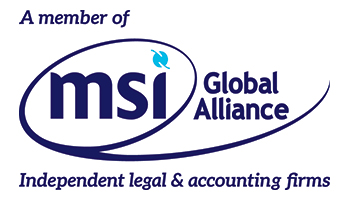COLORADO BUSINESS LAW SECTION NEWSLETTER – JUNE 2021
TWO CASES, TWO EXPERT WITNESSES
ONE DID IT RIGHT; THE OTHER DIDN’T
Herrick K. Lidstone, Jr.
Erik K. Schuessler
Burns, Figa & Will, P.C.
Expert witnesses have a sometimes crucial role in litigation as defined by Rule 702 of the
Colorado Rules of Evidence and the similar federal rule. Colorado Rule of Evidence 702 provides:
If scientific, technical, or other specialized knowledge will assist the trier of fact to
understand the evidence or to determine a fact in issue, a witness qualified as an
expert by knowledge, skill, experience, training, or education, may testify thereto
in the form of an opinion or otherwise.
Note that the Colorado rule, like the federal rule, does not limit expert testimony to
scientific or technical testimony, but includes the broad stroke of “other specialized knowledge.”
Before allowing expert testimony, however, the court must determine that the testimony “will
assist the trier of fact to understand the evidence or to determine a fact in issue.” The expert may
even testify as to the “ultimate issue” in the litigation. CRE 704 (“Testimony in the form of an
opinion or inference otherwise admissible is not objectionable because it embraces an ultimate
issue to be decided by the trier of fact”).
In permitting expert testimony, however, courts have raised concern about the possibility
that experts may usurp the jury’s responsibility to find the facts or the judge’s role to instruct the
jury in the applicable law. This concern is heightened where a lawyer is the expert in question.
The use of a lawyer as an expert witness must be carefully choreographed or the result may be the striking of the
expert’s testimony and irritation of the court. This is exemplified in two recent
opinions of the Colorado Supreme Court: People v. Baker2 and Lawrence v. People.
READ MORE HERE




